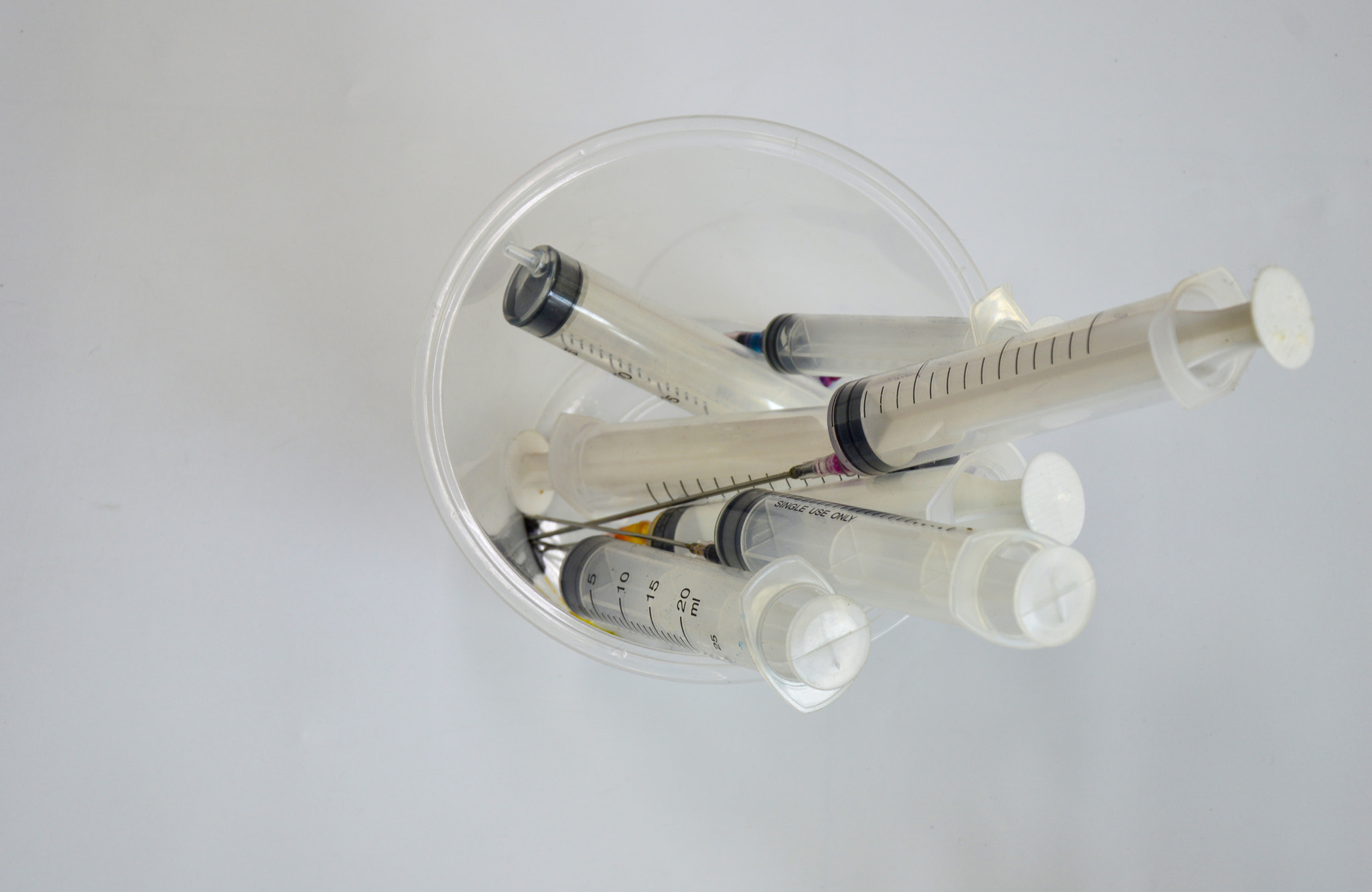An growing urbanization throughout developing countries as well as developed international locations, such as India, China, Brazil, the U.S., and others, has resulted in the large amount of waste generated globally. This is predicted to escalate the demand for equipment used for handling and disposal of waste in an efficient manner. Rising awareness among finish-customers for the collection of waste is among the vital elements driving the growth of the market. The COVID-19 pandemic impacted negatively on the global market development, owing to the decline in waste era from industrial and industrial sectors and increasing demand from the residential sector. Halted building-associated and manufacturing actions in the first quarter of 2020 impacted the expansion of the market. Medical Tools Recycling: Partner with recycling services to facilitate the correct disposal and recycling of medical gear, electronics, and units, selling sustainability and waste discount. Biohazard Cleanup Companies: Provide biohazard cleanup and remediation services for healthcare facilities, crime scenes, and other places requiring specialized cleansing and disinfection. Pharmaceutical Disposal Programs: Develop programs for secure and secure disposal of expired or unused medications from healthcare amenities, pharmacies, and households, addressing public well being and environmental considerations. Emergency Response Group: Set up an emergency response staff geared up to handle spills, accidents, and other hazardous incidents requiring instant cleanup and containment. Coaching and Consulting Services: Provide training workshops and consulting providers on waste administration finest practices, regulatory compliance, and security protocols for healthcare professionals and facility employees. On-line Portal for Waste Administration: Develop a web based portal or mobile app for clients to schedule pickups, track waste disposal actions, and access educational sources and regulatory updates.
There are 4 most important types of medical waste. Digital waste includes the whole lot from TVs, computer systems and cellphones to batteries, printer cartridges and kitchen appliances. E-waste can be recycled to extract non-renewable sources comparable to plastic and precious metals including gold, silver, platinum, nickel, zinc, aluminium and copper. Analysis has discovered that only 15% of medical waste is hazardous, though up to 90% of the waste is incinerated, and the majority of the rubbish and waste supplies that might be recycled in hospitals had been plastic materials. Allow us to give you a solution to attenuate danger, guarantee your workers and patients are secure, and your observe is compliant. Daniels Health understands the needs of healthcare services in Georgia. Contact us and see how we may help your facility better handle your medical and biohazardous waste disposal.
Some states require health care facilities to register and/or receive a permit. State rules may cowl the development of contingency plans, on-site remedy, coaching, waste monitoring, recordkeeping, and reporting. OSHA Laws. OSHA, whether it’s the U.S. In states with complete medical waste regulations, there are often overlaps between state environmental/department of well being rules and the OSHA bloodborne pathogens normal; nonetheless, there are few, if any conflicts. If you haven’t already carried out a hospital recycling program, now’s the time to start. Can Medical Waste Be Recycled? Where Does Hospital Waste Go? In keeping with the World Health Organization, eighty five% of hospital waste is noninfectious and a large bulk of that’s recyclable. The problem is most of those supplies end up in landfills or get burned. Another purpose why a successful recycling program is essential for determining how hospital waste is disposed of. Some individuals might wonder what hospital waste goes the place. Excessive-influence graphics can treatment this situation, ensuing in many environmental and financial benefits. Medical waste is regulated at each the federal and state levels, and compliance with these rules is essential to make sure the secure and responsible disposal of medical waste. While federal laws provide a baseline for medical Biomedical waste treatment equipment management, many states have additional or more stringent laws that healthcare providers should adjust to. It is important for healthcare suppliers to grasp and adjust to state-specific rules for medical waste management, as noncompliance can lead to fines, legal action, and potential risks to public health and the surroundings.
